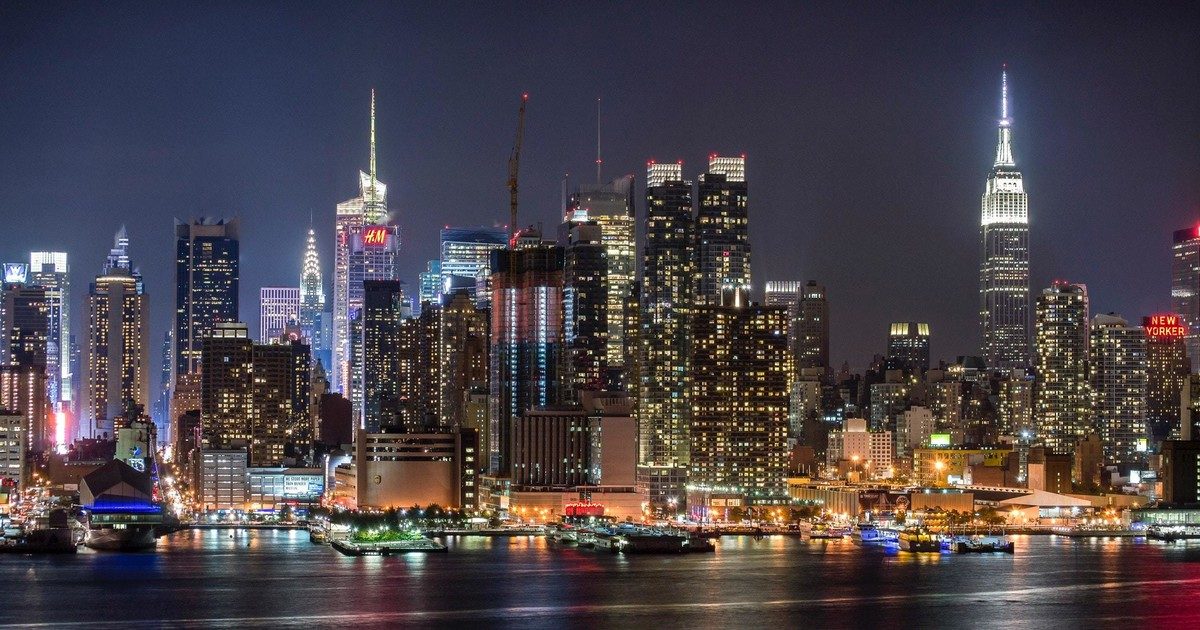Connecting the lecture from Professor Medford and chapter 2 of Undocumented Politics, the “good” minority and the “bad” minority argument seems to set the scene for whether immigrants feel appreciative or cynical towards the United States “Good” and “Bad” behavior is a very arbitrary way to describe threats to violence and deportation. Andrews states immigrants who feel appreciative towards the US as distancing themselves from their indigenous roots to feel “whiter” and take advantage of opportunities in the United States.
The questions I presented were even though many are still undocumented immigrants, why do these people feel their behavior has an influence on their fates? Does this change their view on law enforcement? On their freedom? Why?
Professor Medford’s lecture made exceptional parallels to Undocumented Politics. The “good” and “bad” minorities we discussed in class relate to the top-bottom racialization that takes places in society. An example of the “good” minority is the “wizz kids,” where Asian students excel in educational setting. In the Classic Assimilation Model we discussed, this is an example of immigrants having the ability to create new power dynamics between races.
In terms of feeling “whiter,” upward segmented assimilation explains immigrants leaning towards cultural, political, and economics consistent with whites. Over time, immigrants become similar to white Americans in terms of norms, behaviors, values, and characteristics. This equates to Andrews’ research which gives justification for immigrates having the desire to distance themselves from their indigenous roots to benefit from social and economic opportunities in the United States.
Transnational placemaking suggests individuals are able to have social ties and networks that extend across country boundaries. Having already built a repertoire in their native country, immigrants often migrate to the United States to: (1) pursuit increased economic opportunities, (2) run away from political/domestic/social issues in their native countries, and (3) better their quality of life for themselves and their families. Immigrants often challenge how communities operate, which can create a newfound global community.
